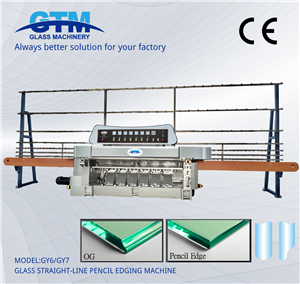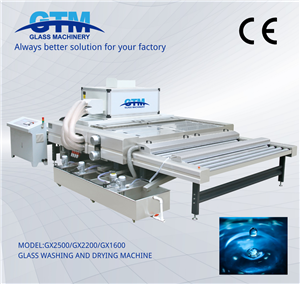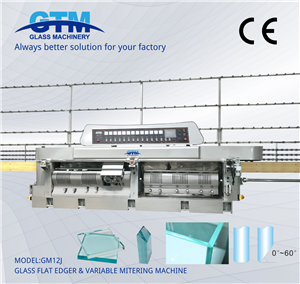Understanding Frosted Glass: Composition, Benefits, and Applications
Introduction
Frosted glass, also known as ice flower glass, is a type of decorative glass that features a textured surface, providing both aesthetic appeal and privacy. This article explores the composition, benefits, and various applications of frosted glass.
What is Frosted Glass?
Frosted glass is created by chemically or mechanically treating clear glass to create a translucent, matte finish. This process diffuses light passing through the glass, giving it a frosted appearance that resembles ice flowers, hence the name.
Composition of Frosted Glass
Base Glass:
Typically made from standard clear or low-iron glass.
Frosting Process:
Acid Etching: The glass surface is treated with hydrofluoric acid, which corrodes the surface to create a frosted effect.
Sandblasting: High-pressure air mixed with abrasive materials is used to roughen the glass surface.
Film Application: A frosted film is applied to the glass surface for a temporary or reversible effect.
Benefits of Frosted Glass
Privacy:
Provides privacy while still allowing light to pass through, making it ideal for bathrooms, offices, and meeting rooms.
Aesthetic Appeal:
Adds a decorative element to any space, enhancing the overall design.
Light Diffusion:
Softens and diffuses light, reducing glare and creating a more comfortable environment.
Versatility:
Can be customized with patterns, logos, or designs to suit specific needs.
Applications of Frosted Glass
Residential Use:
Bathrooms: Ideal for shower doors, windows, and partitions, providing privacy without sacrificing light.
Interior Doors: Adds elegance and privacy to bedroom and bathroom doors.
Cabinet Doors: Used in kitchen cabinets for a modern, stylish look.
Commercial Use:
Office Partitions: Creates private workspaces while maintaining an open, airy feel.
Conference Rooms: Ensures confidentiality during meetings without completely blocking light.
Retail Displays: Enhances product presentation and adds a sophisticated touch to display cases.
Exterior Use:
Windows: Provides privacy for ground-floor windows or street-facing facades.
Balconies: Adds privacy to balcony railings while maintaining a sleek appearance.
Conclusion
Frosted glass is a versatile and attractive material that offers numerous benefits, from privacy and light diffusion to aesthetic enhancement. Its unique properties make it suitable for a wide range of applications in both residential and commercial settings. Whether you're looking to add a touch of elegance to your home or create a more private and comfortable office environment, frosted glass is a practical and stylish choice.




